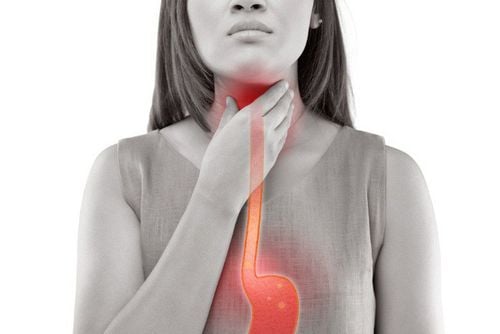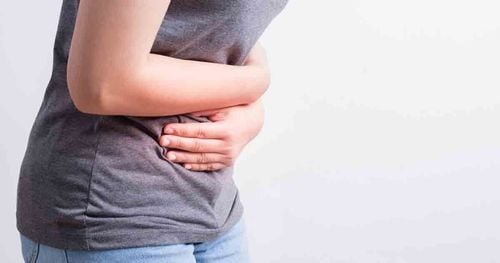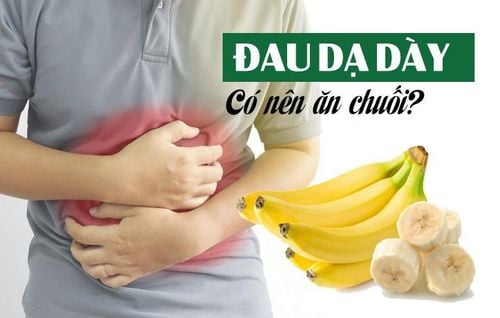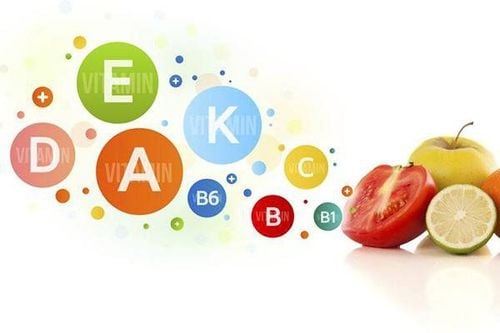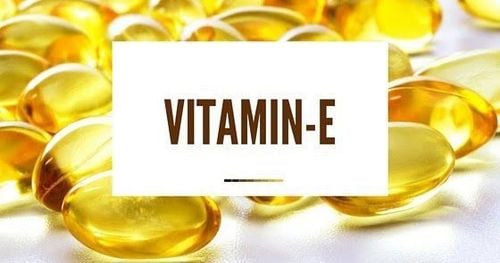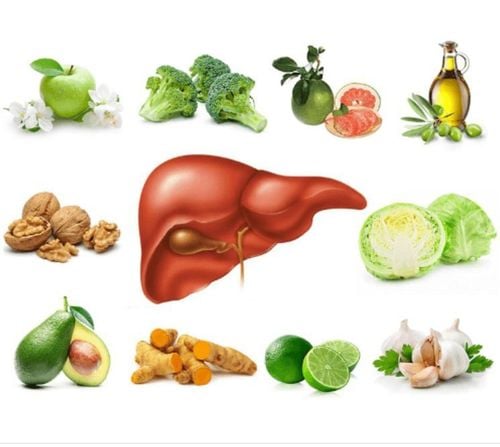The article was professionally consulted by Specialist Doctor II Ho Viet Le Diem - General Internal Medicine - Department of Examination & Internal Medicine - Vinmec Central Park International General Hospital.
Vitamin E is an essential compound present in both sperm and eggs. Beyond protecting cell membranes from damage caused by free radicals, preventing mental disorders, anemia, and viral infections, vitamin E plays a role in enhancing fertility for both men and women.
1. Vitamin E enhances fertility in both men and women
Vitamin E acts as a powerful antioxidant, neutralizing harmful toxins like lead, mercury, and benzene. Additionally, this vitamin significantly boosts fertility in men and women:
1.1 For Men
- Improving Sperm Motility: Sperm mobility is a key factor in successful conception. Vitamin E prevents free radical damage to sperm, enabling them to move faster and more effectively to reach and fertilize the egg.
- Increasing Sperm Count: Low sperm count can lead to infertility. A healthy semen sample should contain about 20 million sperm per milliliter. Infections and injuries can reduce sperm count. Vitamin E acts as a shield, protecting sperm from harmful factors and ensuring enough sperm are available to fertilize the egg.
- Boosting Libido: Studies show that consuming foods rich in vitamin E increases testosterone levels, enhancing sexual desire. This is a natural way to improve male fertility.
- Improving IVF Success Rates: Men who regularly consume vitamin E-rich foods have a 29% higher success rate with in vitro fertilization compared to others.
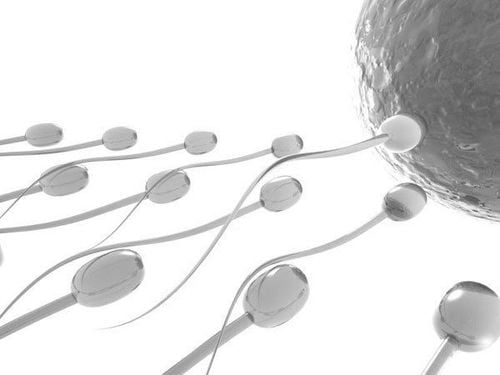
1.2 For Women
- Thickening the Uterine Lining: A thin uterine lining is a common cause of infertility in women. Adequate daily vitamin E intake increases blood flow to the arteries and thickens the uterine lining, supporting fertility.
- Treating Breast Fibrocystic Disease: Benign lumps during menstruation cause pain and swelling. Vitamin E helps reduce these lumps and alleviate discomfort.
- Addressing Polycystic Ovary Syndrome (PCOS): This hormonal imbalance slows metabolism. Studies indicate that appropriate vitamin E doses effectively support PCOS treatment.
- Reducing Menstrual Discomfort: In menopausal women, vitamin E reduces hot flashes and menstrual irregularities. For adolescent girls, it eases menstrual cramps.
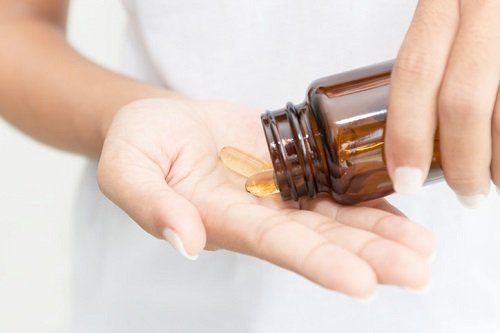
Protecting the Amniotic Sac: The amniotic sac shields and supports the fetus. In some cases, it may rupture, endangering the baby. Vitamin E fortifies the amniotic sac, reducing the risk of rupture and supporting a safe pregnancy.
2. How to Supplement Vitamin E?
2.1 Dosage
Though vitamin E benefits reproductive health, excessive intake can negatively affect the body. Overuse may lead to side effects like nausea, diarrhea, abdominal pain, and flu-like symptoms. Pregnant women consuming too many vitamin E supplements face increased risks of congenital heart disease in their babies. Experts recommend a daily intake of 500–1000 mg. Always consult a doctor before supplementing to ensure safety.
2.2 Sources of vitamin E
Foods
The best source of vitamin E is a balanced, healthy diet devoid of harmful cholesterol. Couples trying to conceive should incorporate vitamin E-rich foods like:
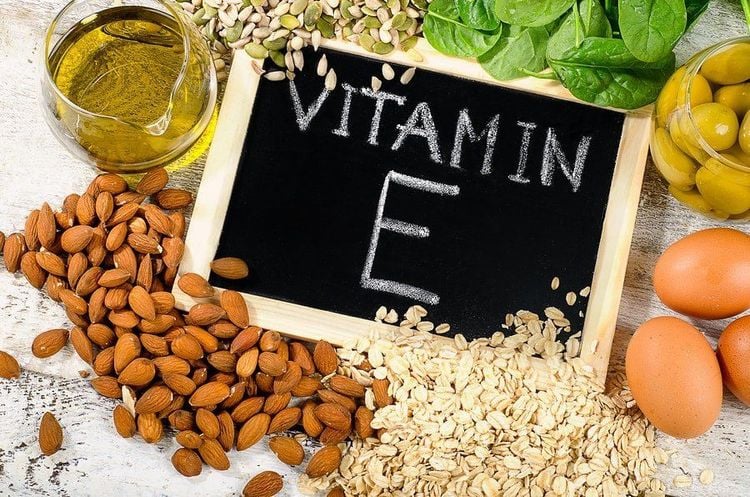
- Dark leafy greens such as kale, cabbage, and spinach
- Egg yolks, seafood, and poultry.
- Avocado: Rich in essential nutrients and low in saturated fats and starch, avocados are an excellent vitamin E source.
- Tomatoes: Packed with vitamin E, K, potassium, iron, and folic acid, supporting reproductive health.
- Papaya: Provides 17% of the daily vitamin E requirement.
- Kiwi: Loaded with vitamins E and C, improving immunity and fertility.
- Red Bell Peppers: Contain antioxidants, vitamin E, vitamin C, and iron, supplying about 12% of the daily vitamin E needs.
- Legumes
Vitamin E Supplements
For severe deficiencies, dietary vitamin E alone may be insufficient. In such cases, vitamin E capsules prescribed by a doctor can be used.
For more health, nutrition, and beauty tips, visit Vinmec International General Hospital to safeguard the health of yourself and your loved ones.
To schedule an appointment at the hospital, please contact the HOTLINE or book directly HERE. Download the MyVinmec App to manage, track, and schedule appointments conveniently anytime, anywhere.






